Search
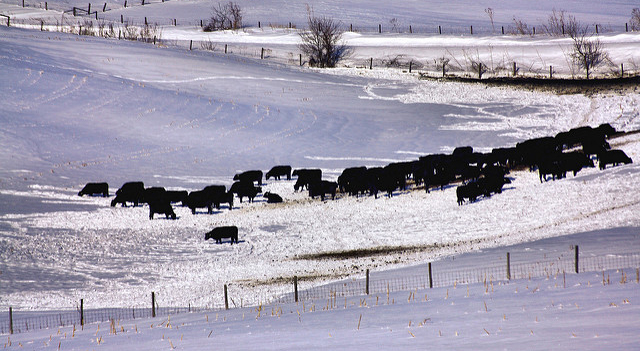
Do You Have To Defer Grazing on Winter Pastures?
How can ranchers improve profitability when feed typically represents well over half of cow-calf production costs? Grazing dormant winter range is a common practice to reduce costs in South Dakota. Grazing winter range when plants are completely dormant minimizes negative impacts on the function of the plant during the growing season. Separate pastures are typically designated for winter use only, often based on availability of winter shelter, water and access to stored feeds.
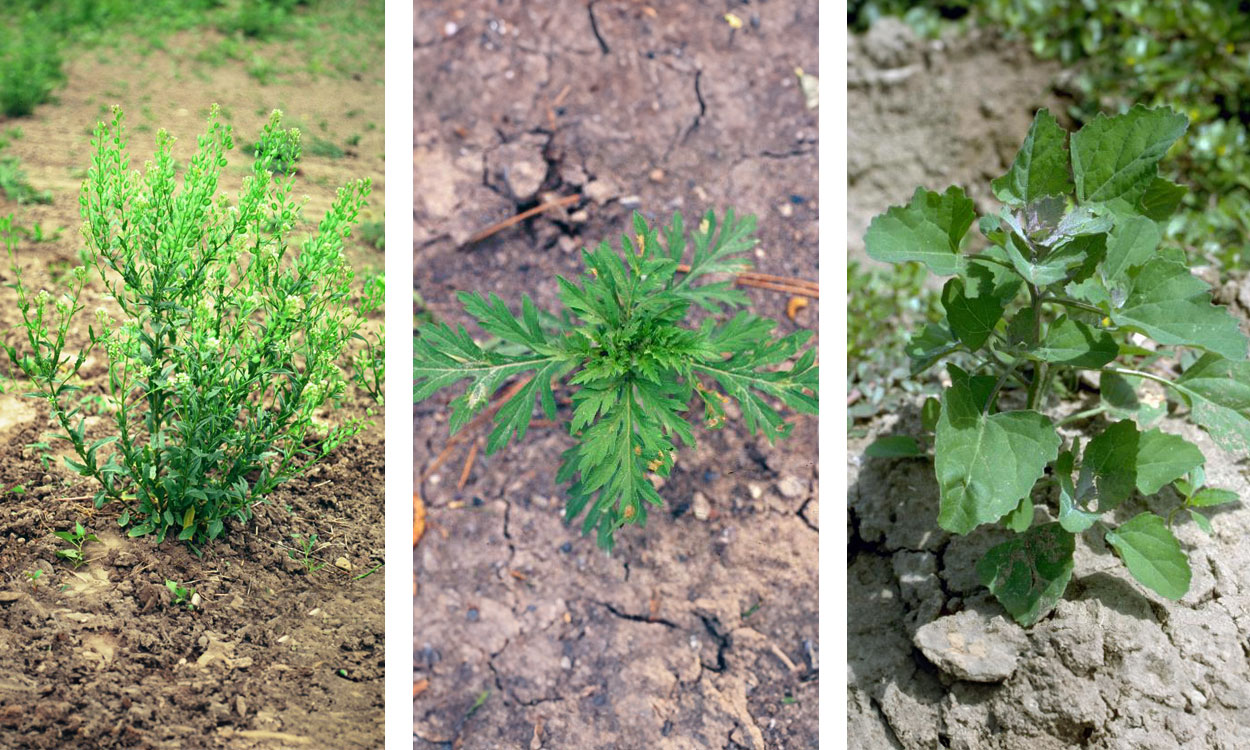
Early Emerging Weeds and Effective Management
Managing early emerging weeds before crop planting or emergence is important to minimize early season competition, which can lower yield potential, even if the weeds are managed later in the season. Learn some tips for getting started.
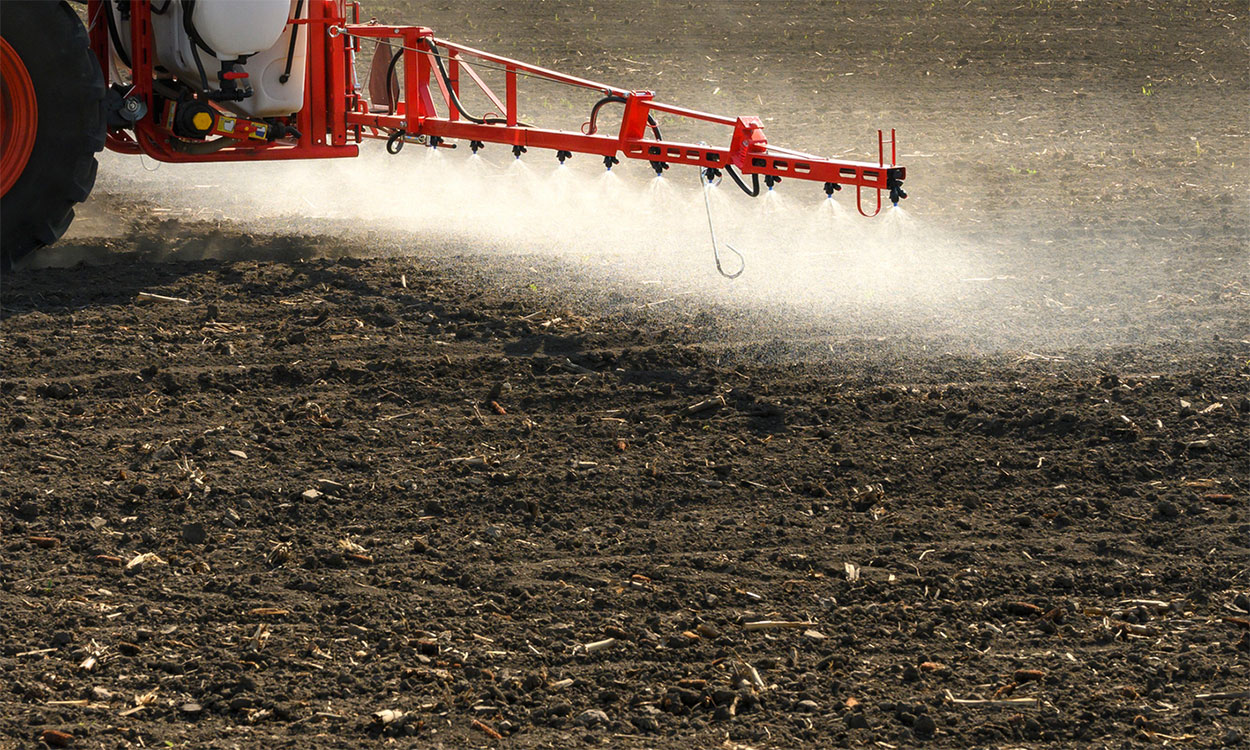
Preemergence Herbicide Application Considerations for 2024
Preemergence herbicides control germinating weeds, which minimizes early-season competition with crops to keep yield potential higher. Learn what factors influence their effectiveness and what can be done to avoid control failures and unintended crop injury.
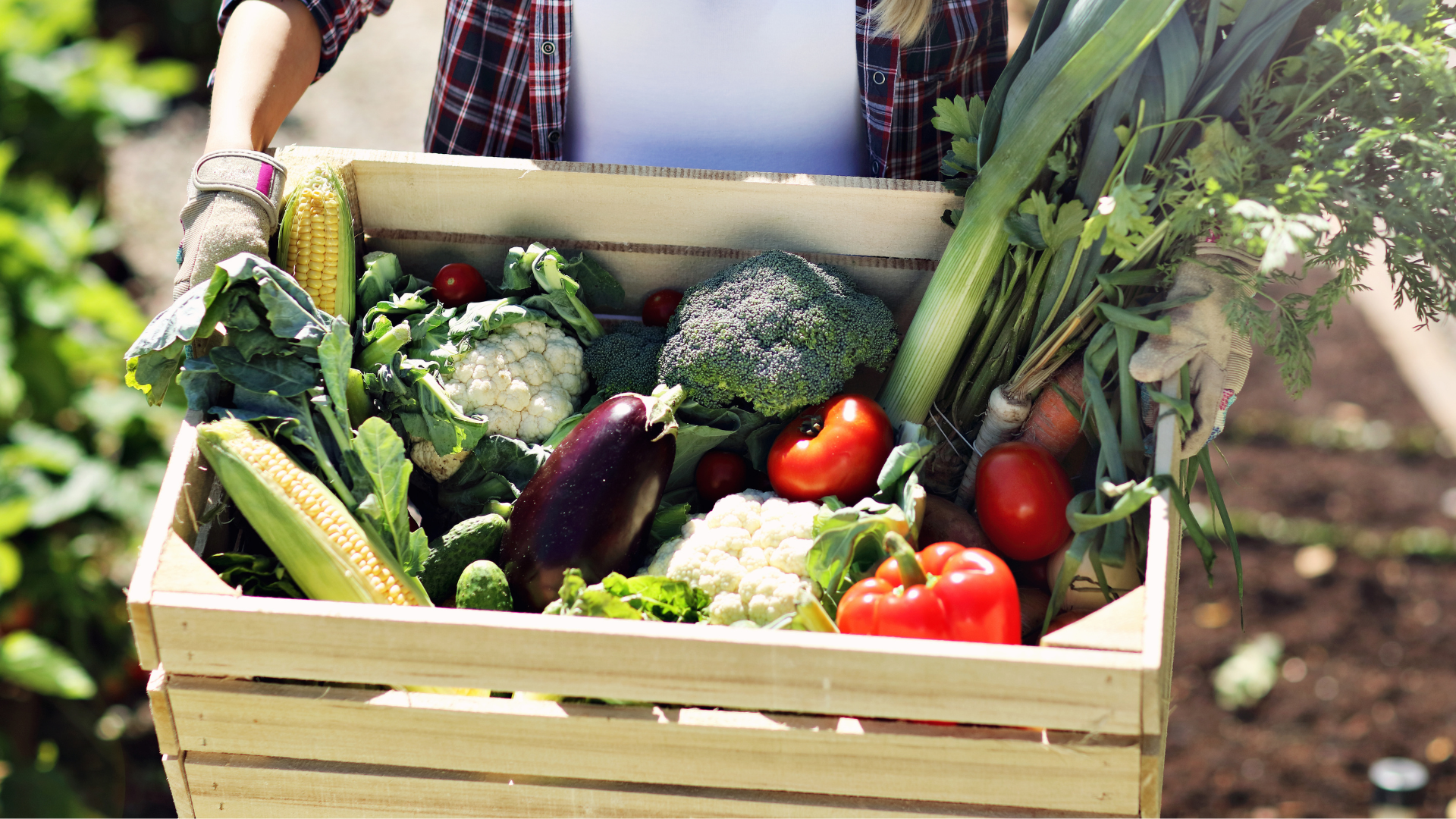
SDSU Extension launches produce prescription program Dakota Food Rx
June 25, 2024
Dakota Food Rx, supported by the South Dakota Community Foundation, allows qualifying patients to receive “prescriptions” from participating health care providers. Not technical prescriptions, they can be redeemed for boxes of fresh, locally grown produce from farms participating in community-supported agriculture shares.
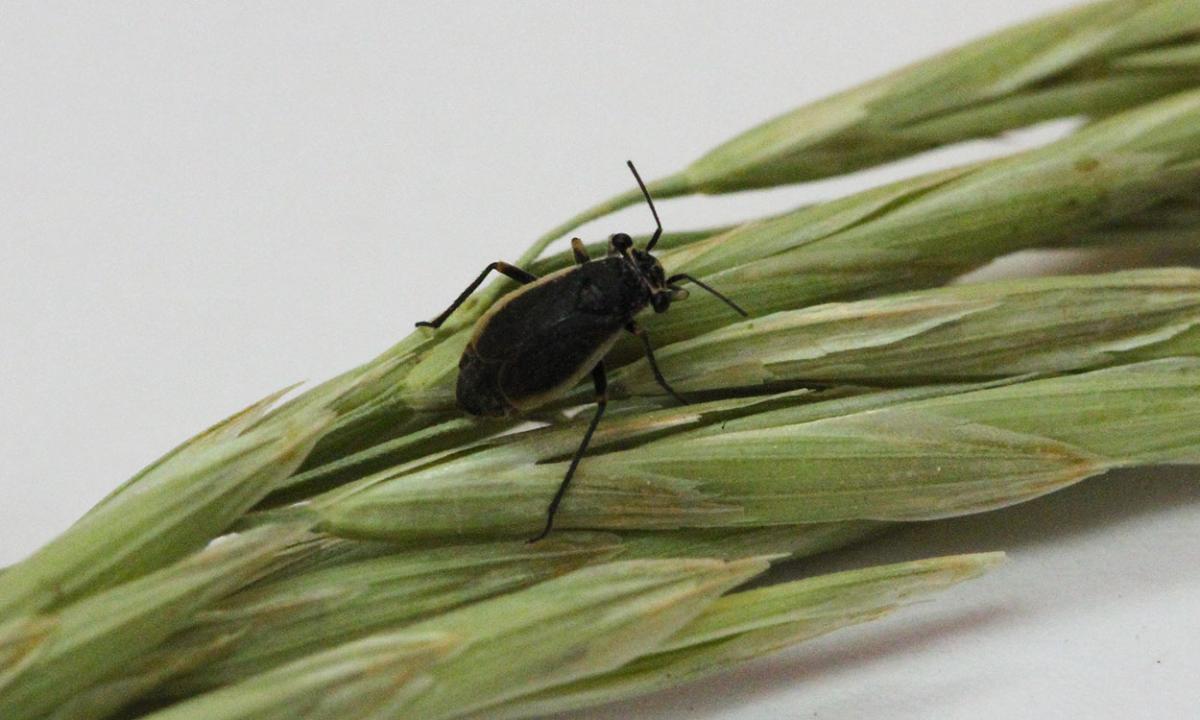
Keep an Eye on Black Grass Bugs This Spring
In South Dakota, black grass bugs are a common spring pest of forage grasses. This native insect first appears in late April and May when grasses emerge from dormancy.
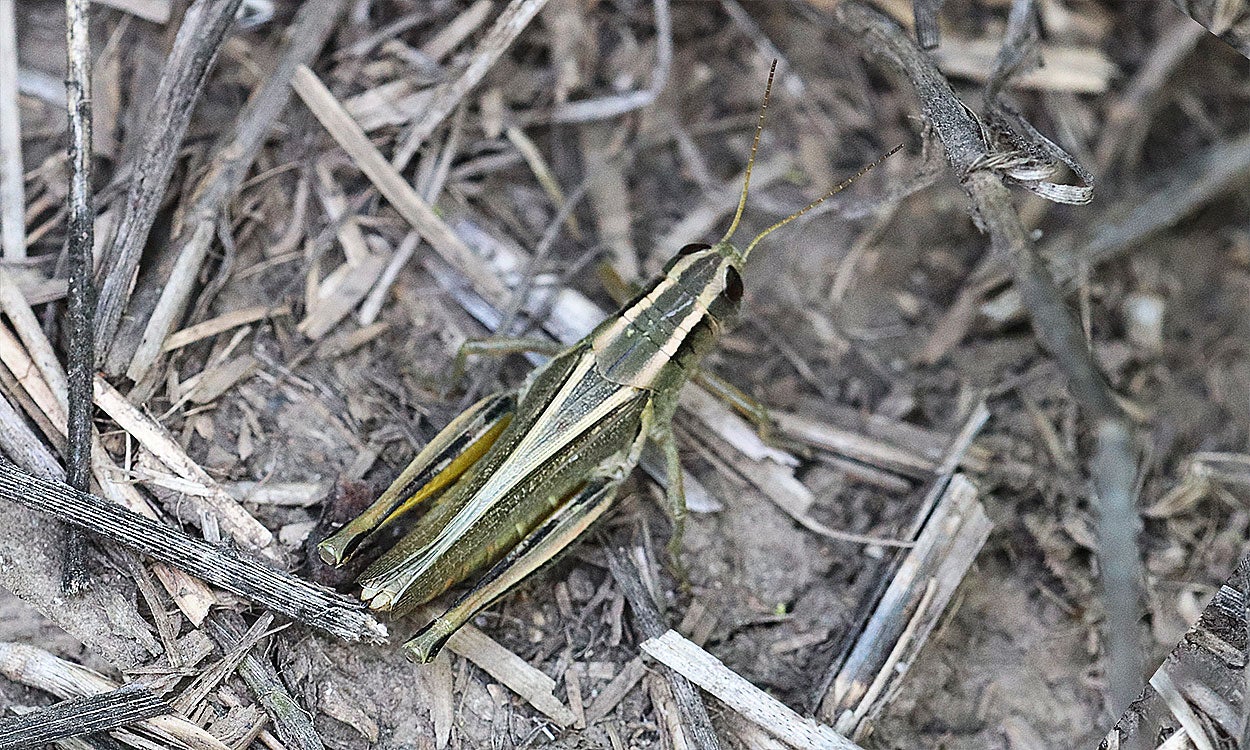
South Dakota Grasshopper Prediction for 2024
In 2024, grasshoppers are likely to cause problems in areas of South Dakota due to large populations that were present in 2023 and the relatively late first hard freeze date observed in much of the state.
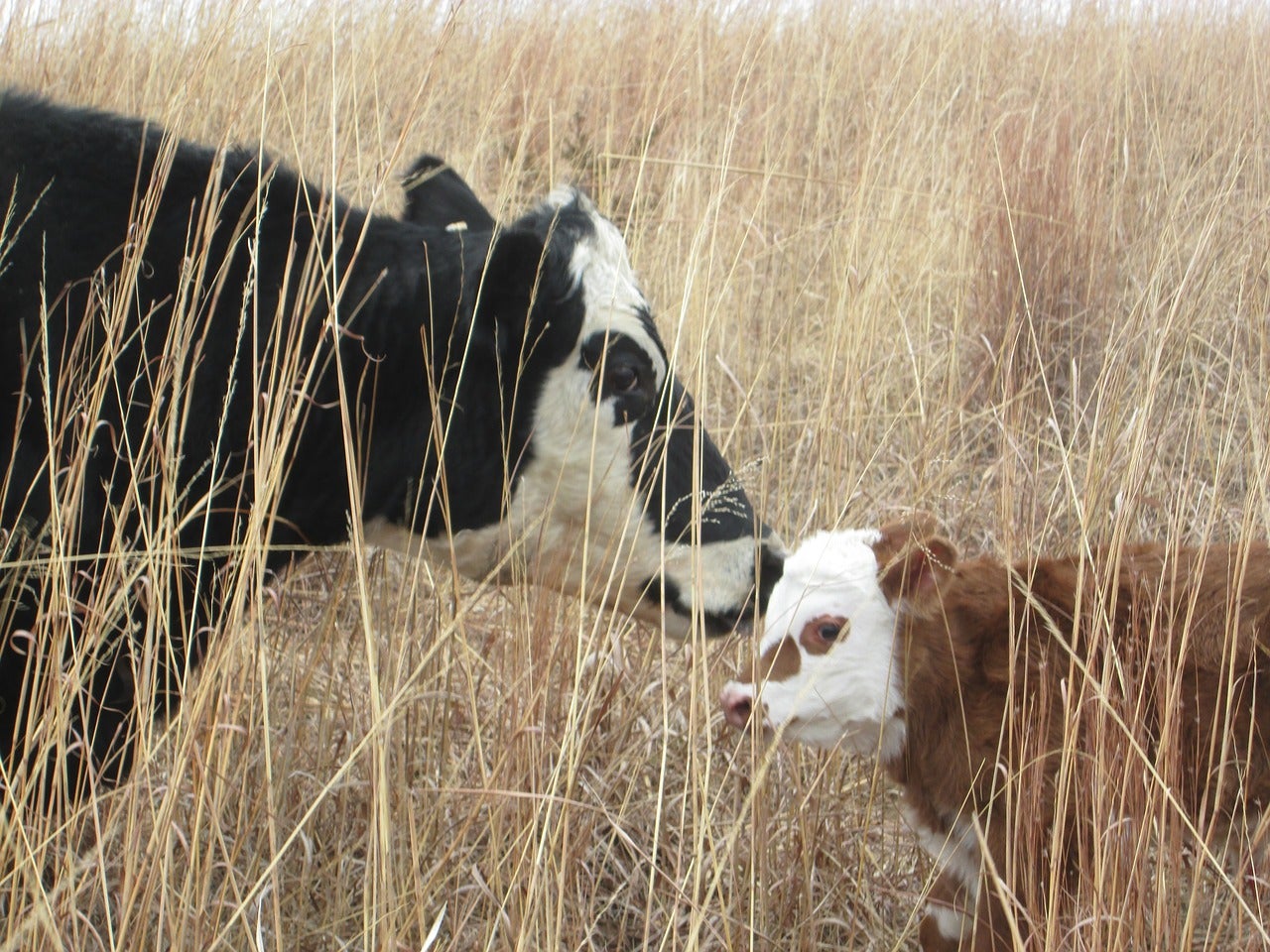
Preparing the Beef Calf for Weaning
One fact on which cattlemen, veterinarians, and animal scientists can agree is that of all the events in most calves’ lives, weaning is the most stressful of them all. If a calf can weather this stress unscathed, they have cleared a major hurdle to a productive future in the feedlot or as a replacement in the breeding herd.
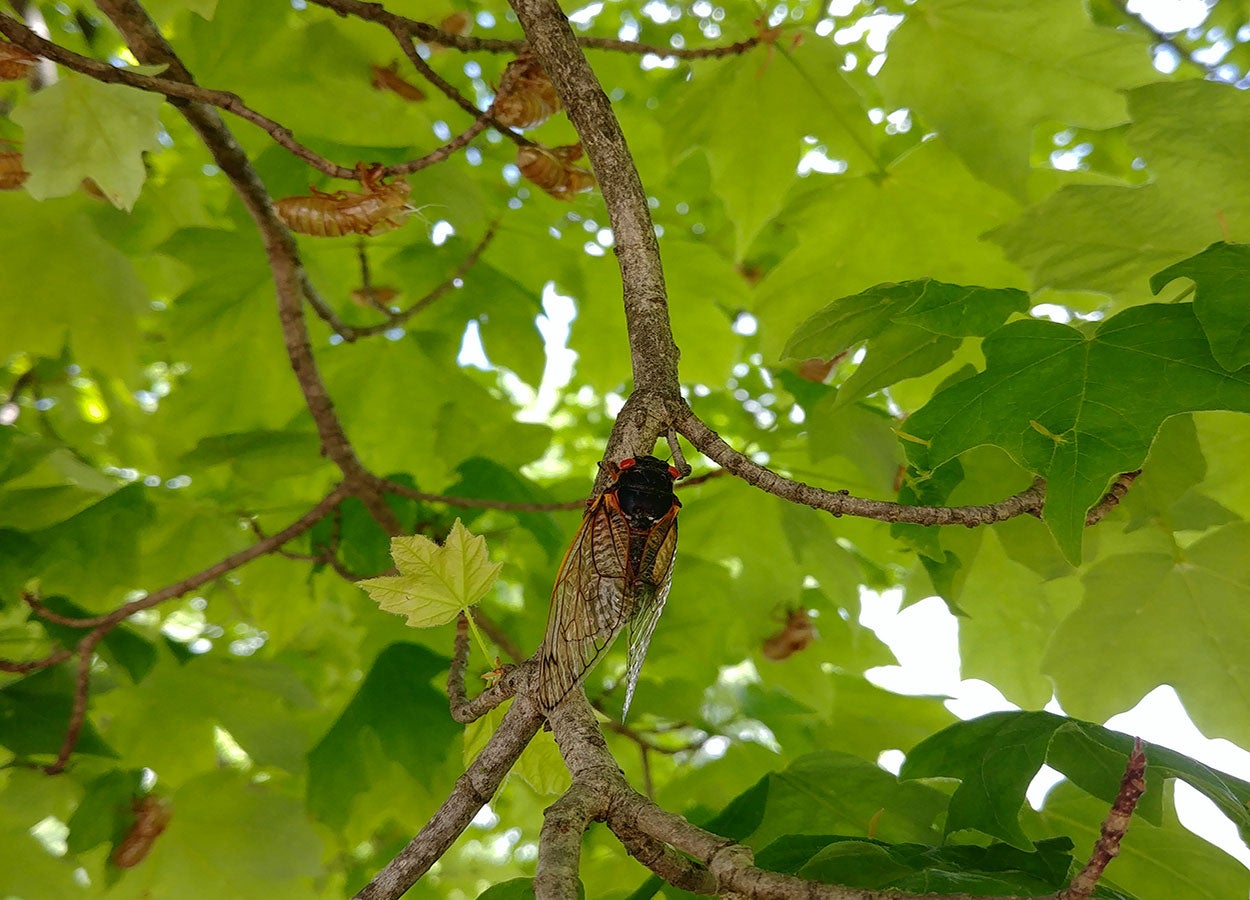
I heard cicadas are having a big year. Are they coming to South Dakota?
Cicadas are making headlines—specifically the periodical cicadas in Brood XIII and Brood XIX. Both both broods are in the Midwest and are geographically close together. Find out where you can expect to see them this spring.

Programming for 4-H Members with Food Allergies
Foods to avoid and options to provide for youth with food allergies.
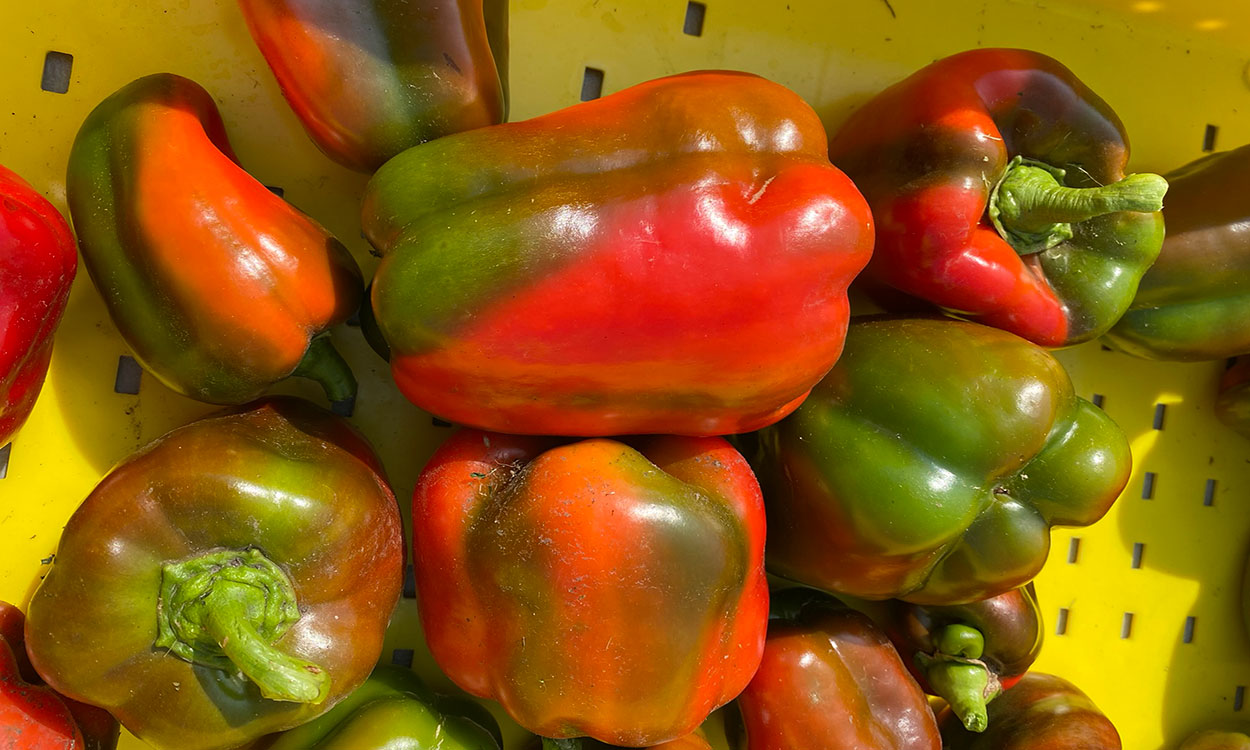
Did the Deer Persevere? 2023 Evaluation of Clover Cover Crops as a Living Mulch for Pepper Production in Eastern South Dakota
Research report analyzing the relationship between four different clover species and four different soil management practices and their effects on pepper growth and yield as well as weed suppression.